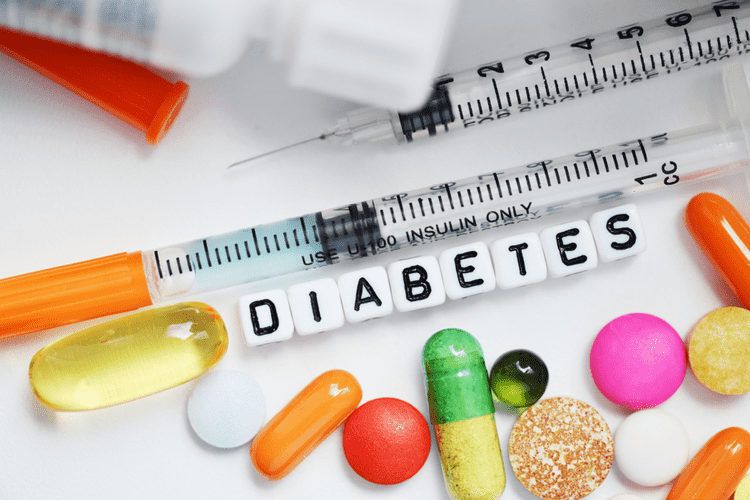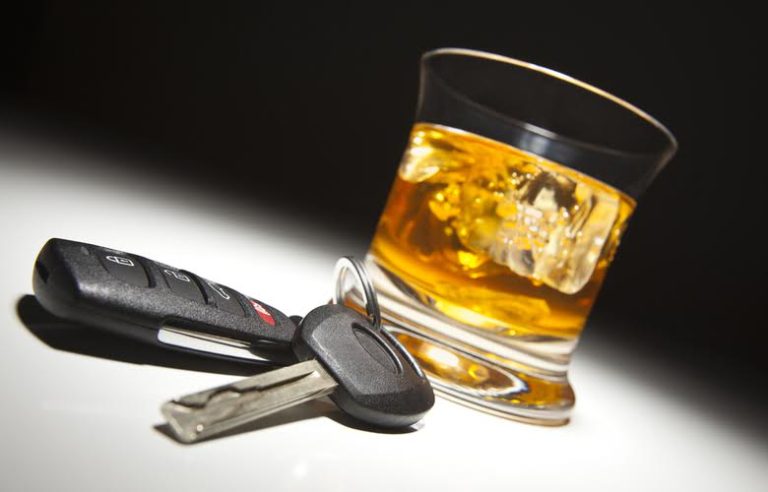For example, Arky and colleagues (1968) studied five diabetics who experienced severe hypoglycemia after ingesting alcohol. In all five patients, the alcohol-induced hypoglycemia induced neurological changes, such as incontinence, inability to follow simple commands, perseveration,4 disorientation, and impairment of recent memory. In three patients, those changes did not reverse, even after months or years.

Effects of Alcohol Consumption in the Fasting State
Ultimately, insulin secretion declines even further, to levels below those seen in nondiabetics (although generally still higher https://ecosoberhouse.com/ than those seen in type 1 diabetics). At that point, when a deficit in insulin secretion is combined with a state of insulin resistance, the person develops type 2 diabetes. Thus, whereas type 1 diabetes is characterized by a complete lack of insulin production, type 2 is characterized by reduced insulin production plus insulin resistance. The reasons underlying defective insulin secretion and insulin resistance, which are still under investigation, are complex and beyond the scope of this article (for a review, see DeFronzo 1997). People with diabetes should be particularly cautious when it comes to drinking alcohol because alcohol can make some of the complications of diabetes worse. First of all, alcohol impacts the liver in doing its job of regulating blood sugar.
Diabetes Medications
Interestingly, the risk of retinopathy was independent of the men’s ability to control their blood sugar, suggesting that alcohol may directly damage the eyes or related structures. Insulin primarily serves to lower blood sugar levels by promoting the uptake of sugar (i.e., glucose) in the muscles and fat (i.e., adipose) tissue as well as the conversion of glucose into its storage form, glycogen. In addition, insulin inhibits the production of more sugar molecules (i.e., gluconeogenesis) in the liver.
Type 1
Regular, long-term use of alcohol has been shown to increase insulin resistance. At this point, alcohol can affect blood sugar in ways that are especially important for people with type 2 diabetes. This is because the liver is where excess glucose is stored in a form called glycogen. Our study aimed to update sex-specific dose-response curves on the risk relationship between alcohol consumption and T2DM and to examine how BMI and SES may influence this association. The risk for low blood sugar remains for hours after you take your last Alcohol Use Disorder drink.
Can Alcohol Cause Diabetes? Understanding the Risks and Evidence

This is why you should only drink alcohol with food and drink only in moderation. People with diabetes can carry glucose tabs in case of an emergency, and they should check their blood sugar levels regularly. They should also remember that some diabetes medications may not work if they consume too much alcohol. Understanding what one is consuming and how alcohol influences blood sugar levels is particularly important for people with diabetes. It’s not fully understood why drinking can increase your risk of getting diabetes, but it is known that alcohol can reduce the function of different organs including your liver and pancreas. When these two organs don’t work well, it can make your glucose control worse.
People with diabetes should be honest and realistic with their healthcare provider about what they enjoy drinking and how much alcohol they typically consume. Information from a healthcare provider will provide the best advice on how to drink alcohol safely. Following this initial rise, alcohol can cause a significant and prolonged decrease in blood sugar, known as hypoglycemia, which can last for 10 to 24 hours after drinking. This delayed effect happens because the liver, which usually releases stored glucose (glycogen) to maintain stable blood sugar, prioritizes metabolizing alcohol. This impairs the liver’s ability to produce and release glucose into the bloodstream. This interference can lead to dangerously low blood sugar, especially if one is not eating or is taking certain diabetes medications.
Alcohol and hypoglycemia
- Type 2 diabetes is a wake up call to focus on diet and exercise to try to control your blood sugar and prevent problems.
- Your liver takes about 1 to 1.5 hours to process each alcoholic drink, and during that time, you may be at risk of low blood sugar.
- Since it does not contain juices or other mixers, it contains 0.2 g of total carbs in a 4-oz (120-mL) drink.
- There was no significant risk relationship for women with a healthy weight; however, we identified a J-shaped relationship present in women with BMI ≥25 kg/m2 (Fig. 3).
Instead, supporting the population to maintain can diabetics get drunk a healthy weight should remain a priority preventive measure. The priming effect of alcohol-enhanced insulin secretion in pancreatic β-cells might be caused by an early defence mechanism, which is used to compensate for alcohol-inhibited basal insulin secretion. In contrast, a limited number of studies have reported deleterious effects of alcohol on β-cells, in which alcohol inhibited the insulin secretion 25. Moreover, alcohol consumption can hinder the liver’s ability to regulate blood sugar, particularly when consumed on an empty stomach 3.
- Although alcohol does have an effect on blood sugar levels, with a few precautions and careful management, people with diabetes can also enjoy a drink.
- Because beta cells have little defense against oxidative damage, alcohol can silently chip away at their ability to produce insulin, setting the stage for long-term blood sugar problems and diabetes.
- Hypoglycemia is a frequent and substantial problem after alcohol consumption, in people with both type 1 and type 2 diabetes.
- Increased body weight can worsen insulin resistance, making it more challenging to manage blood sugar levels.
Accordingly, physicians who treat diabetics known to consume large amounts of alcohol must be aware of the risk of alcoholic ketoacidosis in those patients. Interesting conceptual notions connecting the impact of chronic heavy use of alcohol and T2DM on hippocamal LTP processes also have been elaborated from alteration of endogenous BDNF. BDNF, acting through its TrkB receptor, plays a role in the synaptic plasticity and positively moderates processes, which leads to a stable LTP in hippocampus 56, as well as glucose metabolism in diabetes 41.
This is another reason why a person with diabetes needs to be very mindful of how much alcohol you consume. The short answer is yes, but anyone living with diabetes should be mindful if they are going to drink. Smoking is bad for your health, especially your heart and lungs, and can increase your risk of heart attack or stroke.
ALCOHOL CONSUMPTION AND RISK OF T2DM
The same is true of cocktails made with regular soda or mixers, simple syrup, and other types of added sugar, or fruit juice. Dessert wines contain considerably more sugar than other types of wine. Alcohol takes longer to be absorbed into your bloodstream if you have food in your stomach. All alcohol contains about 7 calories per gram, which is more than carbohydrates (4 calories per gram) and only slightly less than fat (9 calories per gram). Insulin is a hormone produced by the pancreas that helps cells absorb the sugar they need for energy.

As a result of the immune system’s attack, the beta cells can no longer produce insulin. Consequently, the patient essentially experiences total insulin lack. Because insulin is a key metabolic hormone, insulin deficiency leads to major impairment of the body’s regulation of carbohydrate, lipid, and protein metabolism. Some alcoholic drinks also have a lot of calories, which can cause weight gain.

Recent Comments